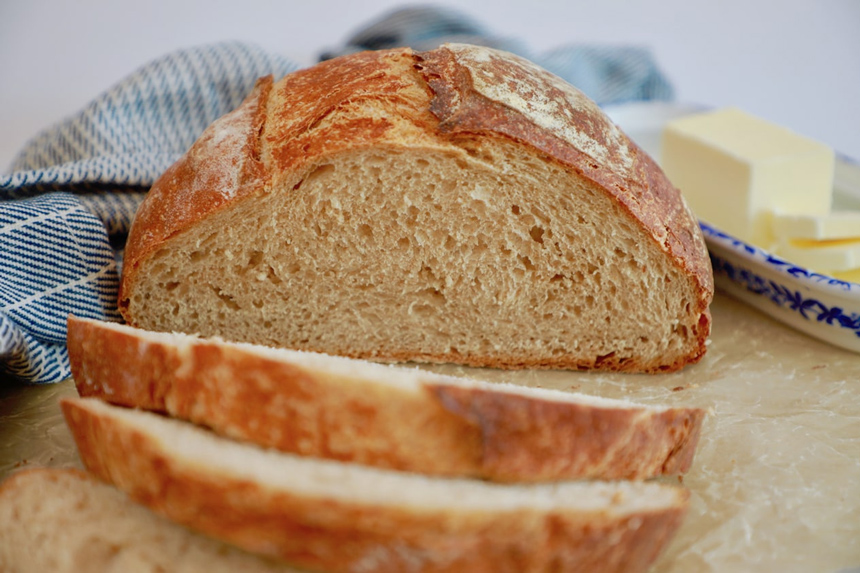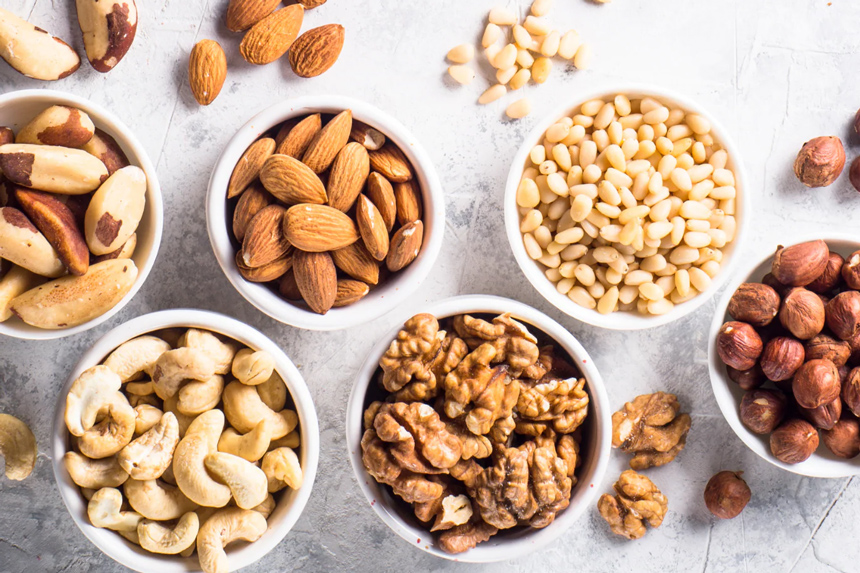Whole Grain Bread

Whole-grain bread offers a fiber-rich alternative to traditional refined grains—the fiber content aids in digestive regularity, preventing constipation—a common concern after gallbladder removal. The complex carbohydrates in whole-grain bread provide sustained energy, addressing the potential fluctuations in energy levels that individuals may experience during recovery. Choosing whole grain options also supports heart health, as the soluble fiber helps regulate cholesterol levels.
Moreover, whole-grain bread is a source of essential nutrients, including B vitamins, iron, and magnesium. These nutrients play crucial roles in energy metabolism, tissue repair, and overall well-being. Iron is essential for preventing anemia, a condition that individuals may be susceptible to during recovery. Magnesium contributes to muscle function and relaxation, promoting overall physical comfort. The versatility of whole grain bread allows individuals to enjoy sandwiches toast, or incorporate it into various dishes.
Raw Nuts

Raw nuts, such as almonds, walnuts, and cashews, are packed with healthy fats. These nuts provide a satisfying crunch while supporting heart health. The monounsaturated and polyunsaturated fats contribute to reducing LDL cholesterol levels, a crucial consideration for individuals adjusting to a diet post-surgery. Despite concerns about fat intake, incorporating raw nuts in moderation enhances the overall nutritional profile without burdening the digestive system.
Additionally, raw nuts offer a variety of essential nutrients, including vitamin E, magnesium, and antioxidant compounds. Vitamin E contributes to skin health and acts as an antioxidant, protecting cells from damage. Magnesium plays a role in muscle and nerve function, addressing potential discomfort during the recovery period. The antioxidants found in raw nuts contribute to cellular health and may aid in reducing inflammation.





